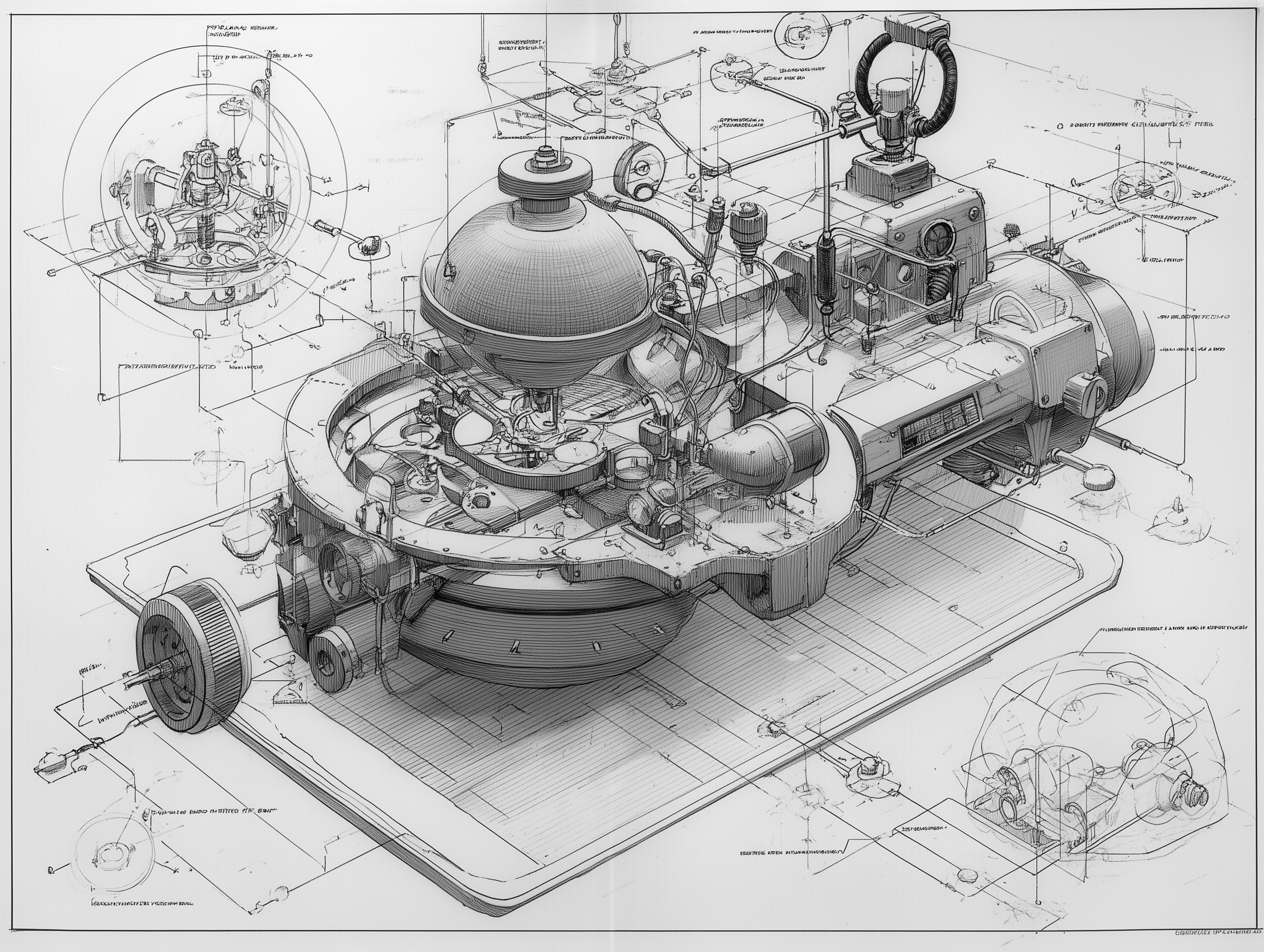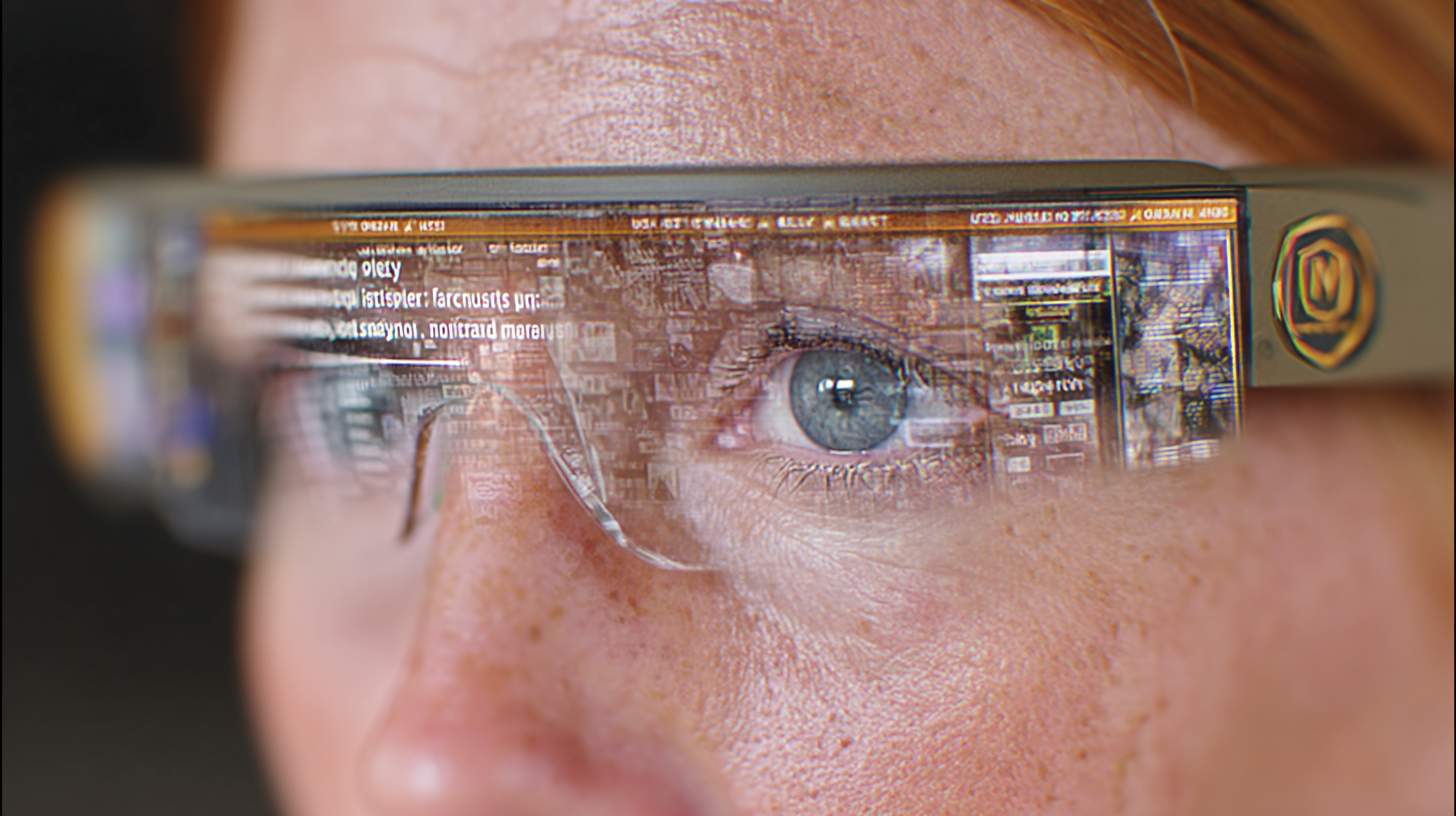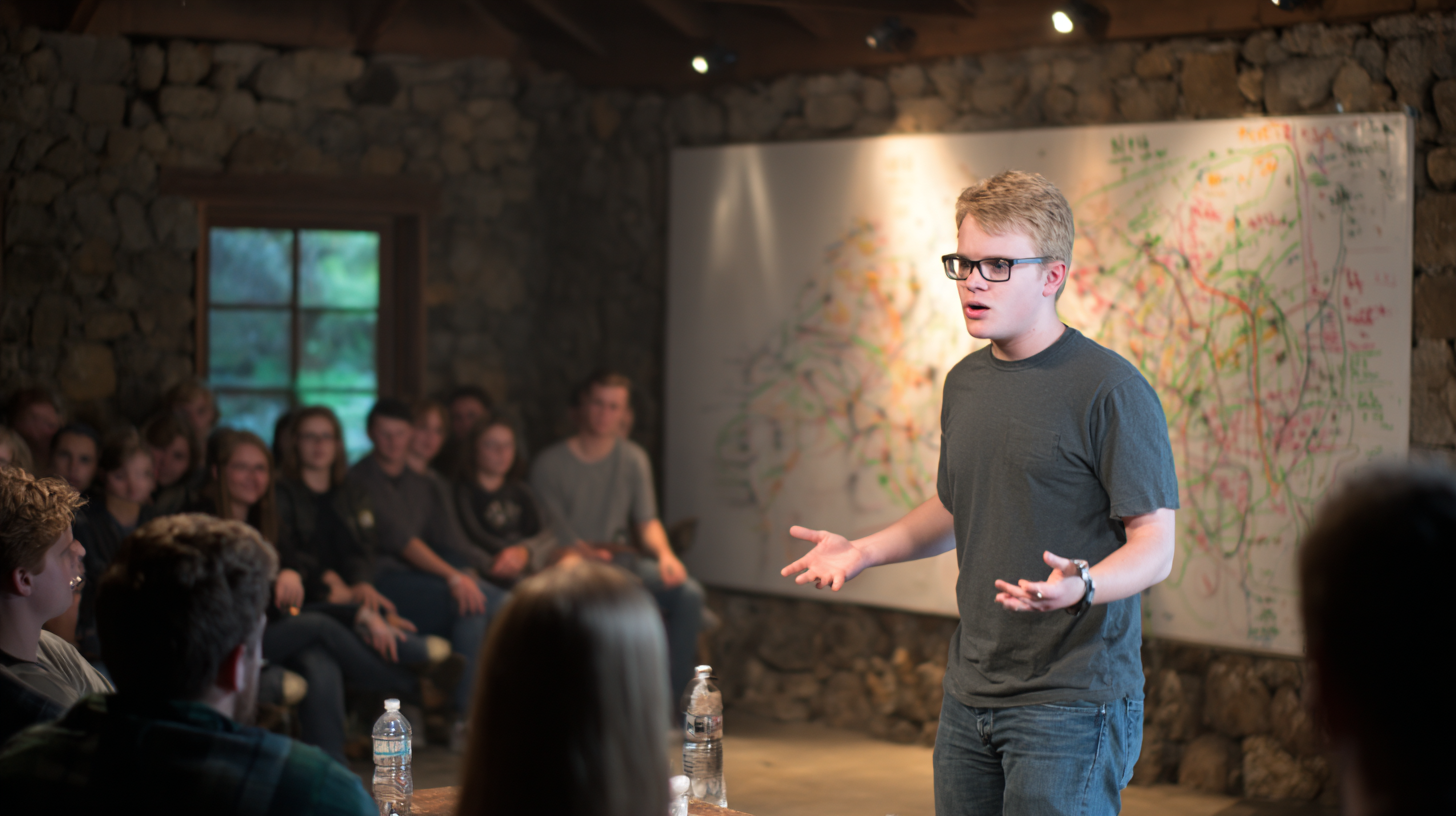By Futurist Thomas Frey
America’s job market looks strong on the surface, with headlines often touting low unemployment and steady job growth. But beneath the surface lies a problem that could reshape the nation’s economic future: a silent labor shortage crisis.
The U.S. is missing 1.7 million workers compared to pre-pandemic levels, according to the U.S. Chamber of Commerce. In some states, the gap is staggering. South Dakota, for example, has just 41 available workers for every 100 open jobs. This imbalance is not temporary. It is structural, and it’s hitting the very industries most critical to national stability—manufacturing and healthcare.
Continue reading… “The Silent Labor Shortage Crisis: America’s Missing Workers”












